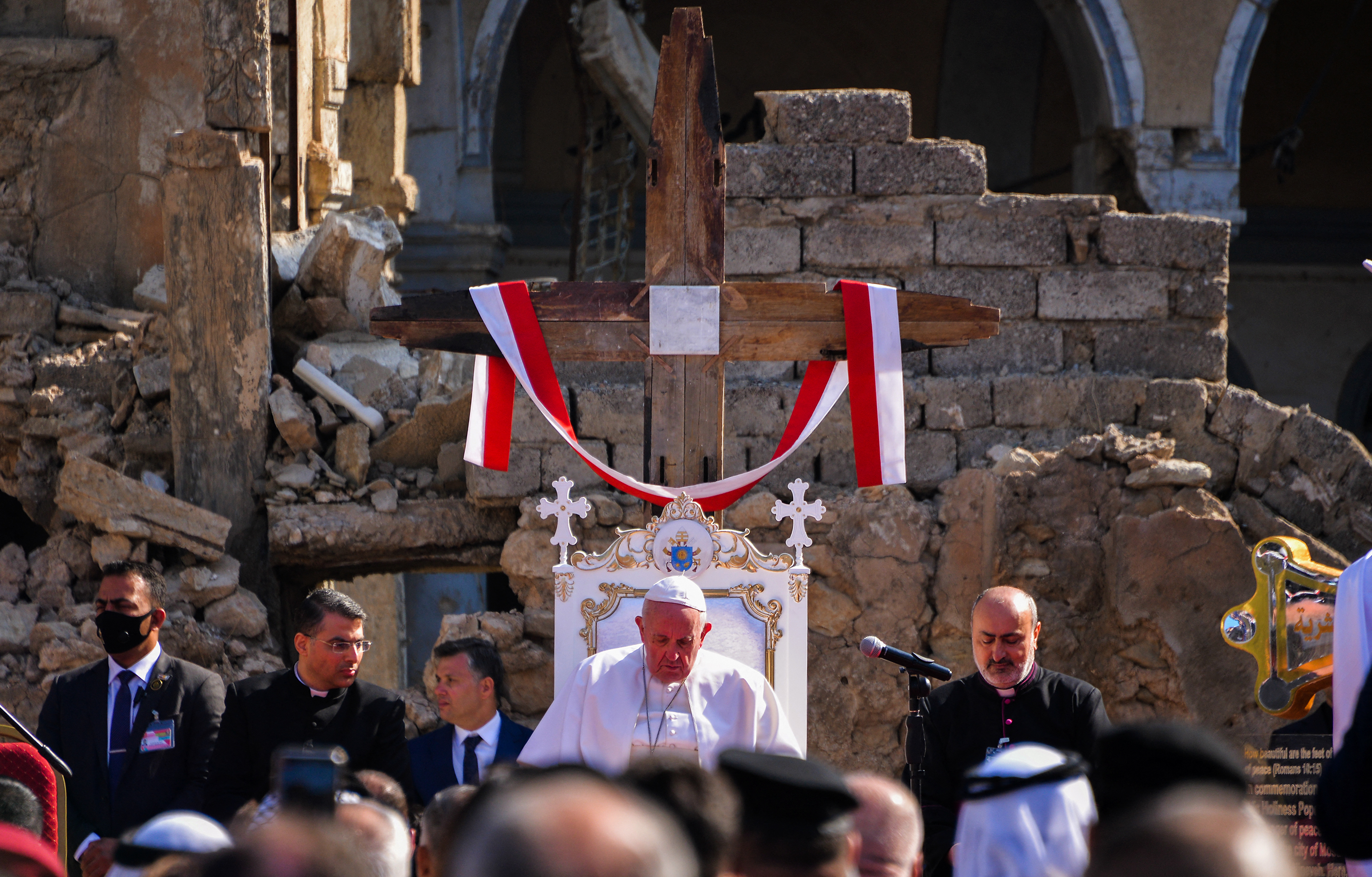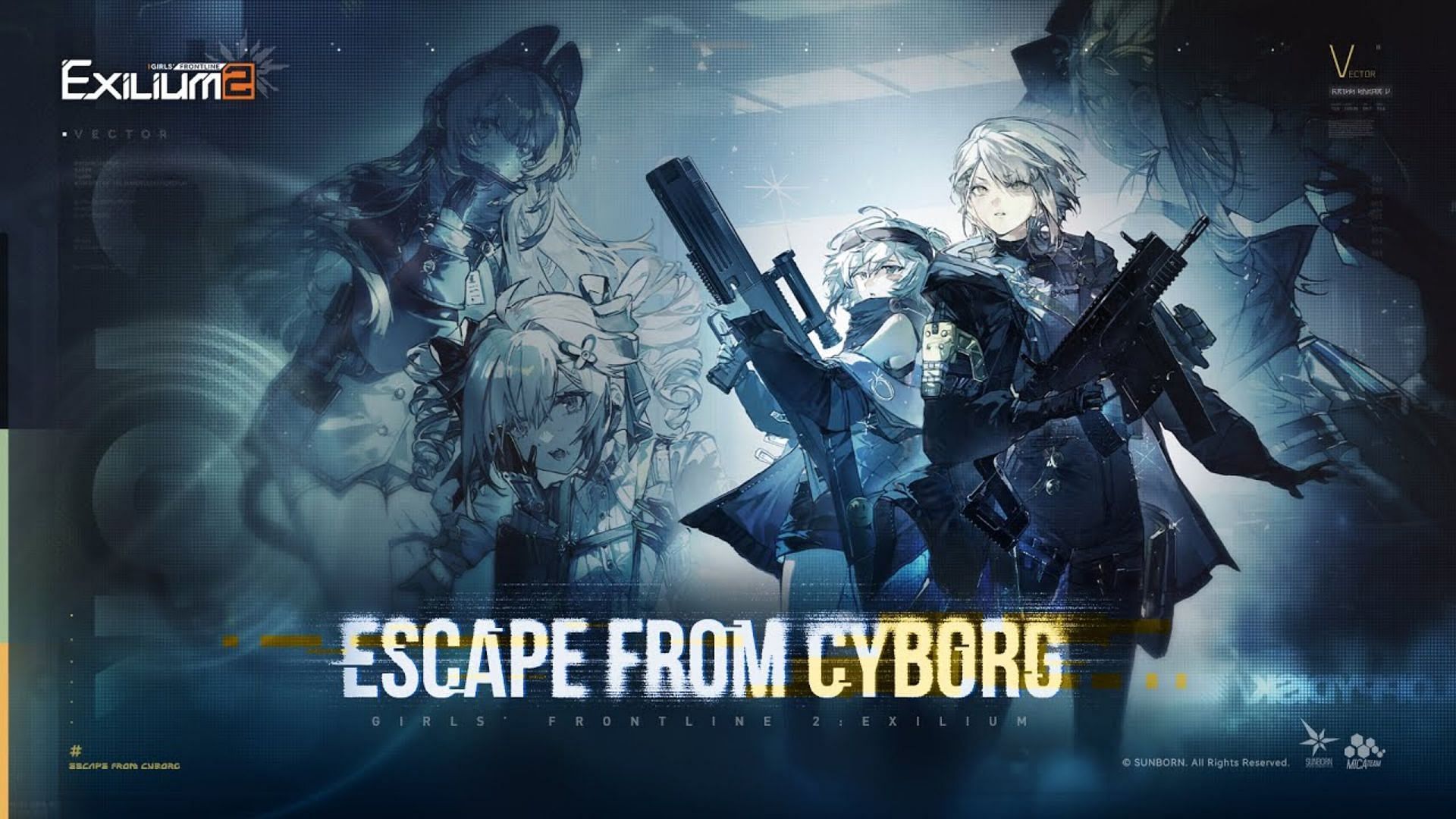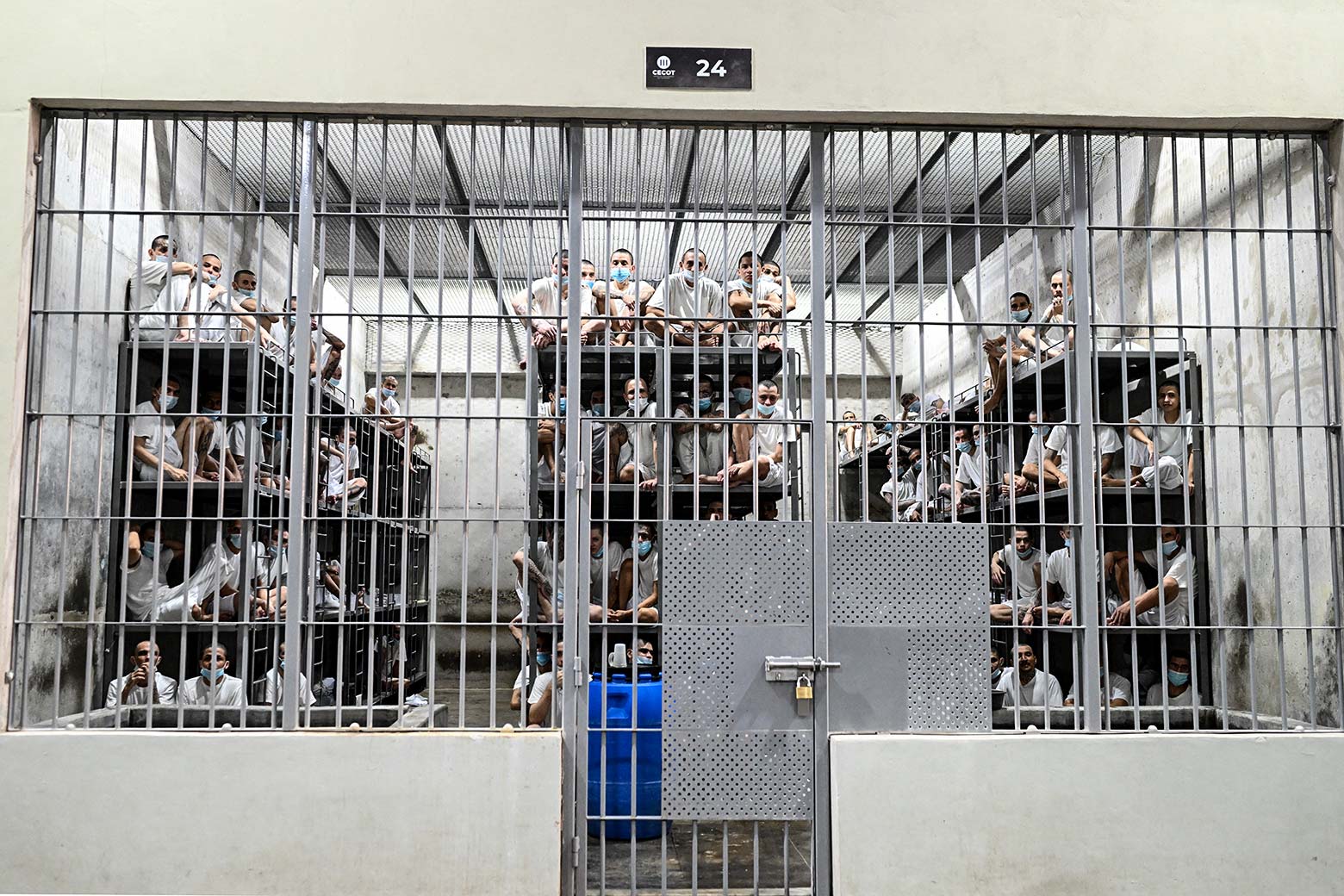Over a Century After the 1915 Genocides, the World Must Embrace Pope Francis' Moral Clarity | Opinion

This year marks 110 years since the 1915 genocide of the Armenians, Assyrians/Syriacs/Chaldeans, Yazidis, Greeks, and Maronites of the Ottoman Empire. Every April 24, as an Armenian Catholic and descendant of survivors, I mark the day by commemorating the 1.5 million Armenians who perished—and all communities harmed in 1915. To commemorate one group demands commemorating all. Yet, political fears, moral cowardice, and what Pope Francis called, the "very ugly disease" of "globalization of indifference," have reduced remembrance to political weaponization and misinformation.Say It by Its NameAll peoples who suffered genocide have given it a name. The Armenians call the 1915 genocide Medz Yeghern, meaning "the great tragedy." Over 30 countries have officially recognized the Armenian genocide to date. The Assyrians/Chaldean/Syriacs call it Sayfo. Sayfo in classical Syriac means "sword," recalling the method of killing used against non-Muslim communities. Greeks refer to it as Genoktonía ton Ellínon tis Mikrás Asías, the Asia Minor Greek Genocide, and the Genoktonía ton Ellínon tou Póntou, the Pontic Greek Genocide. Less than half a dozen countries, including Sweden, the Netherlands, and Armenia have recognized these atrocities. The Yazidis call their 74 historical genocides fermans, with the one of 1915 considered by some as the 72nd. Maronites of Mount Lebanon call their genocide Kafno from the Syriac for "famine." Both have no official international recognition.Pope Francis Called for Meaningful Remembrance To Honor the TruthAs we mourn the loss of Pope Francis, it is vital to document his wisdom as a justice mechanism to protect communities facing atrocities so that the world can reconnect with remembrance and reverse the erasure of genocide. Pope Francis taught us that truthful acknowledgment is a moral imperative.Ten years ago, during the Armenian genocide's centenary mass, Pope Francis acknowledged it as the "first genocide of the twentieth century," quoting the 2001 declaration by Pope John Paul II and Armenian Catholicos Karekin II.He exclaimed in his homily: "It is necessary, and indeed a duty, to honor their memory, for whenever memory fades, it means that evil allows wounds to fester. Concealing or denying evil is like allowing a wound to keep bleeding without bandaging it!"Pope Francis understood the need for genuine accountability to transform acknowledgment into healing. His vision invited the world to expand its historical consciousness. In 2016, while visiting the Tsitsernakaberd Armenian Genocide Memorial in Yerevan, Pope Francis wrote in their guestbook: "Memories should not be watered down or forgotten; memory is a source of peace and of the future."Pope Francis Denounced Indifference As the Greatest Obstacle to Justice and PeacePope Francis did not just mourn genocide—he confronted it. He also warned of a new crime of atrocity, which he described as: "A sort of genocide created by general and collective indifference."He feared indifference would sever the world from a path to justice and peace. In his 2020 Encyclical Fratelli Tutti, he warned: "The sense of belonging to a single human family is fading, and the dream of working together for justice and peace seems an outdated utopia. What reigns instead is a cool, comfortable and globalized indifference, born of deep disillusionment." He later added: "Indeed, if justice is not respected, conflicts arise. Without justice, the law of the prevalence of the strong over the weak becomes entrenched."Moral Innovation Must PrevailWe must ask: Why have almost all communities affected by genocides in 1915 been re-subjugated to destructive violence? Is it because survivors are fragile? Or because perpetrators have gained an additional 110 years of experience in violence and destruction?Collective indifference is fueling the genocidal agendas of today's perpetrators, alongside sophisticated weapons, technology, censorship, misinformation, and political alliances—all enabling and rewarding present-day erasure and impunity.What is clear is international law and humanitarian diplomacy do not meet Pope Francis' standards of morality, courage, and critical thinking. It is time to seize innovation for moral transformation and reimagine our highest laws and courts.Lynn Zovighian is a philanthropist, humanitarian diplomat, and founder of the Zovighian Public Office, partnering with communities facing genocide and crises in the Middle East and Caucasus through research, culture, advocacy, and diplomacy. She is also co-founder of Zovighian Partnership.The author would like to extend special thanks to Edita Gzoyan and Gohar Khanumyan at the Armenian Genocide Museum Institute Foundation for their archival contributions to this article.The views expressed in this article are the writer's own.

















